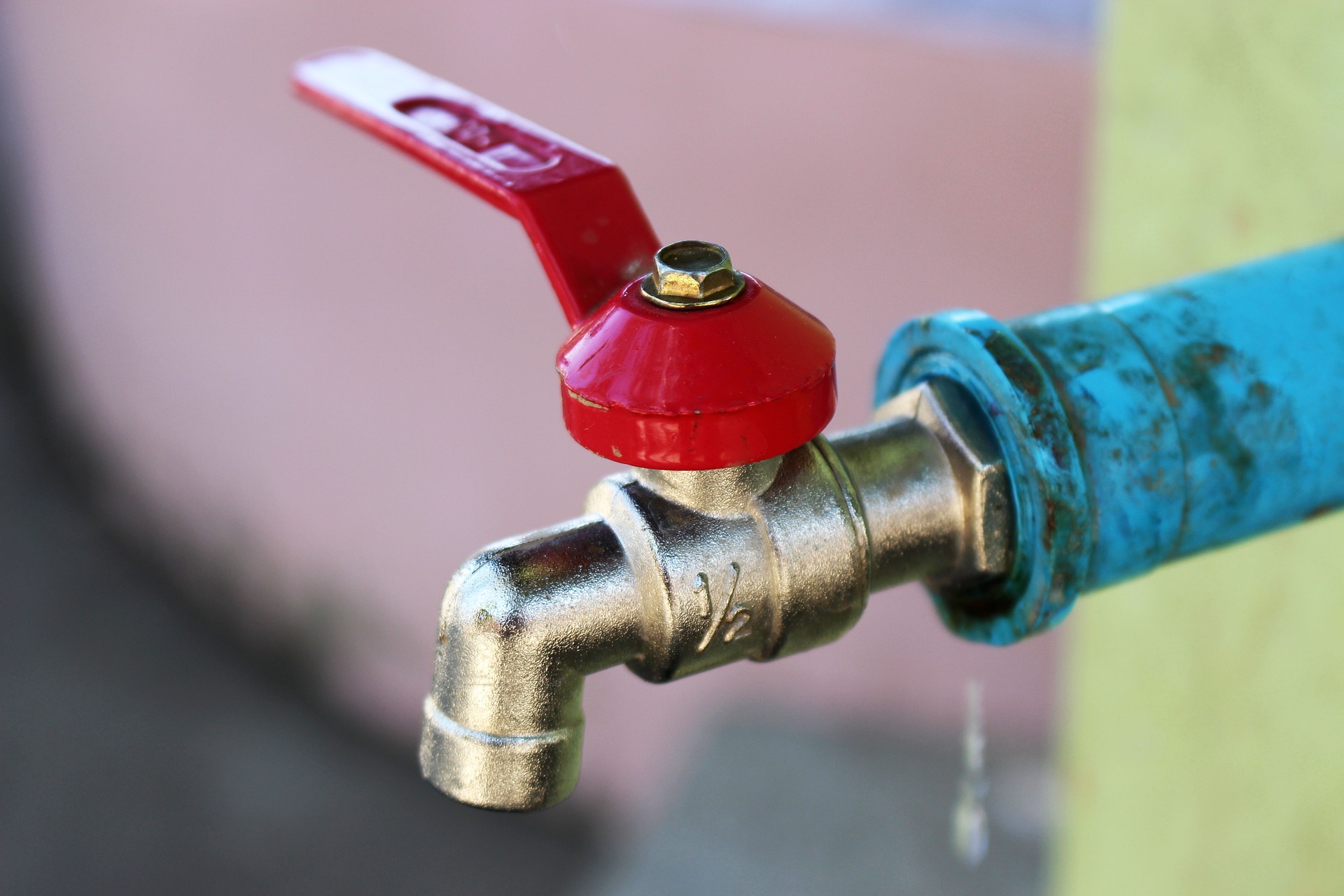
MIH TEAM
25/07/24
Meet Adam Bowers
020 3637 7968
info@mihproperty.co.uk020 3637 7968

Just after the New Year, we wrote about major leaks at one of our blocks which affected several flats. We have also recently written about what the managing agents can do in the event of anti-social behaviour and it seemed to us that we may have missed a trick in not mentioning the role of the managing agent when a leak occurs between two flats and how they can assist in dealing with it.
As managing agents, we are employed to manage the common areas and the installations within these. At some blocks, this will include lifts, air conditioning units, communal boilers, and water tanks.
It is our responsibility to use our best endeavors to ensure that these installations do not leak and therefore we would always look to ensure that there is a regular maintenance scheme for these. In the same way, we would look to encourage owners to ensure that they regularly check their bath seals, grouting, connections in bathrooms, and washing machines which habitually are the cause of water ingress.
Having recently completed a sale pack at a property we must admit to being somewhat bemused at being asked on the LPE 1 form if the managing agent is aware of ‘any anticipated leaks’ We are not quite sure of how or why you would look to anticipate a leak (rather than trying to prevent one) and with the best intentions in the world, an owner can maintain their property to the highest standard, however, cannot be aware of a leak until this is reported to them.
In the majority of the cases, where a leak is reported promptly, this will be fixed and damage limited so the two owners can liaise directly without involving the managing agent or notifying the insurers and submitting a claim.
Where this is not the case, either there is a leak which affects multiple properties (as happened with the leak in January, despite the leak being stopped within 20 minutes) or in the surprising event that there is a leak which the owner of the property doesn’t want to deal with, the managing agent may have to become involved.
Where an insurance claim is being processed, the difficulty often arises in respect of the insurance excess as the service charges in the lease frequently do not cover the excess and it is up to the properties which have suffered damage to recover this from the property that caused the leak.
In this case the managing agent will process the claim and provide assistance but will not be able to recover the excess on behalf of the owners, nor, more importantly, will they be able to offer the owners details to those who are trying to recover funds, due to data protection but will endeavor to pass on any correspondence between the two parties.
This week at MIH, we have faced an issue with a new owner who had recently carried out a complete refurbishment of their property and has now noted that there is a ‘damp patch’ on their ceiling. Unfortunately for them, the owner of the property above is on an extended holiday on the other side of the world and has not provided details of their emergency contact should an unforeseen circumstance arrive.
In the first instance, we have asked the owner of the damaged flat to confirm the extent of the damp patch and to monitor this to see if it has got worse. In this way, we are able to ascertain if the leak is ongoing and try to make an assessment of whether emergency access is required. Having discussed this with the owner has confirmed that it is not. Currently, the old adage “An Englishman’s home is his castle” stands, and therefore we would be unable to access the property without the owner’s consent.
At the same time we have emailed the owner advising them of the position and asking him whether we utilise the set of management keys left with the building manager to have a look in the property.
As you can imagine the owner who has recently refurbished the flat is becoming increasingly concerned that the damage will worsen and would like the matter dealt with immediately.
We have advised that the only way to enter a flat in an emergency is to call on the Fire Brigade. However, the Fire Brigade will only access a flat in the event of a genuine emergency and the owner has already advised that they do not think this damage would constitute something of this nature so this is applicable. Instead, the owner has now asked the management company to enforce the nuisance covenant and we much like our blog on nuisance we have had to explain how the ‘mutual enforceability covenants’ works.
Unfortunately, this has not made us very popular. Particularly as the lease also states that the lessor has the right to access the flat and make repairs within a month of giving notice to the owner of the intention to do the same. Obviously, in an ideal world we would like to be able to offer this, but in the first instance reasonable attempts at access must be made and as the leak is not showing signs of enlarging, it would be not being reasonable to force access, nor would it be reasonable to make repairs without giving the owner of the flat opportunity to rectify these.
This leaves MIH in a quandary as we always want to offer the best service we can to our owners and work to ensure that their issues are dealt with but in this case, we are constrained by the lease.
We realise that this is exasperating for the owner affected and will continue to endeavor to get this expedited on their behalf, especially as the owner is back shortly.
In the meantime, we have taken some time to explain the position in full to the owner affected and feel that our explanation and guidance have provided him with an understanding of his position, some guidance as to the options available and most importantly some reassurance that MIH will always assist where they can or find you an alternative solution.
Our services